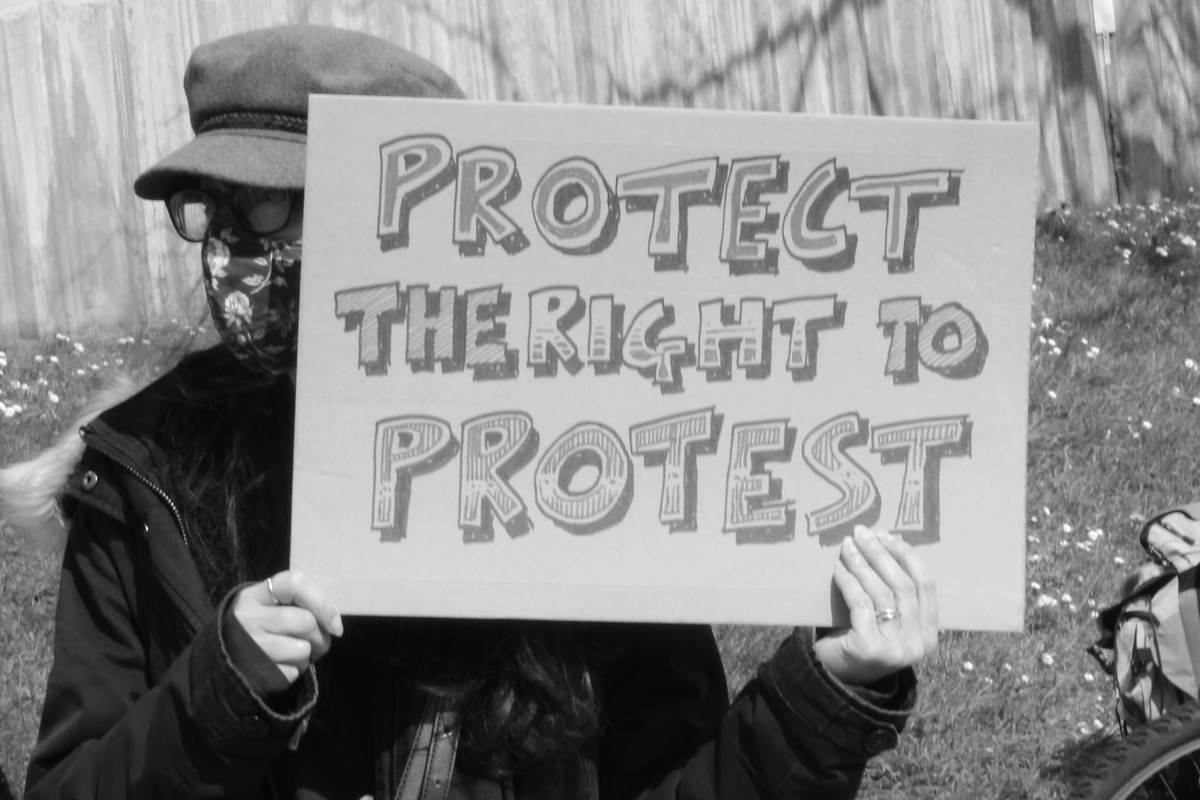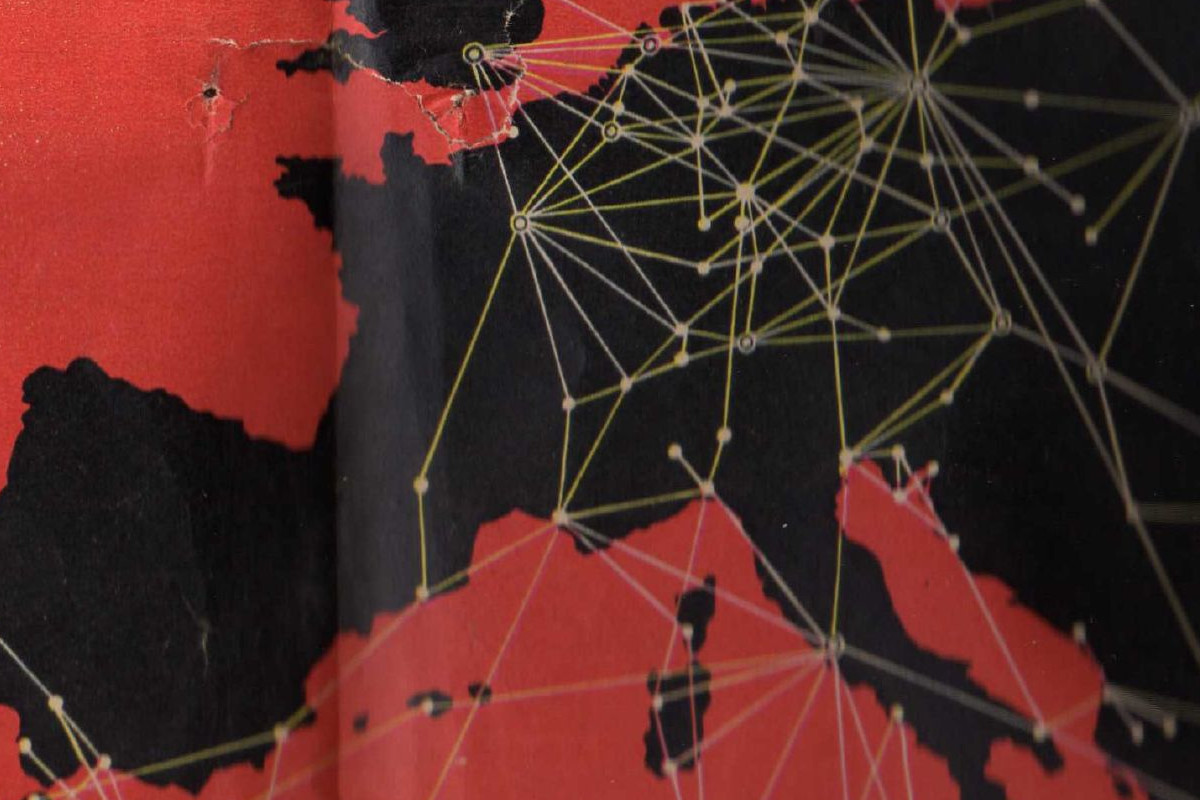Council of Europe Convention on Artificial Intelligence: zero draft and member state submissions
Topic
Country/Region
24 January 2023
The Council of Europe is working on a Convention on Artificial Intelligence, Human Rights, Democracy and the Rule of Law. Drafting is ongoing on what will be the first international convention on the issue of AI. Civil society organisations have been excluded from the process at the behest of the USA. We are publishing the “zero draft” of the Convention, the draft risk assessment methodology and comments on the draft from a number of member states, Council of Europe committees, corporations and civil society groups.
Support our work: become a Friend of Statewatch from as little as £1/€1 per month.

Image: Drew de F Fawkes, CC BY 2.0
The committee responsible for drafting the Convention has now produced a “zero point one” draft, but the zero draft (pdf) offers a useful insight into the possible shape of the text, and what are likely to be some of the key points of contention.
Publishing the zero draft, the draft risk assessment methodology and the submissions on the draft also offers a degree of transparency over a process from which civil society has now been excluded “based on a request of the US to avoid countries’ positions becoming public,” according to a report in Euractiv published last week.
The report notes that no formal decision was taken on the US proposal to set up a closed drafting committee, but:
“…the Council of Europe secretariat included the US proposal in the minutes as if the decision had been taken. According to sources informed on the matter that spoke to EURACTIV under the condition of anonymity, the secretariat was pressured by the United States, as the institution has a diplomatic interest in getting its treaty signed by the US.”
The decision is ironic given the purported aim of the Convention – to promote “human rights, democracy and the rule of law.” The zero draft also makes much of the need for transparency over the use of AI systems.
It is not just the USA that has been intervening in the process – the EU is also aiming to accede to the Convention, but wants to finish negotiations on the AI Act first.
According to a Euractiv report from early October, after circulation of the zero draft, “the Commission sent a letter to EU countries in August telling them to refrain from engaging further in the negotiations”.
In November, the European Commission received a mandate from the Council to negotiate on the Convention on behalf of the EU, with the decision noting that “the conclusion of the convention may affect existing and foreseeable future common Union rules or alter their scope,” and thus:
“Negotiations should be opened with a view to concluding the convention as regards matters falling within the exclusive competence of the Union, in order to protect the integrity of Union law and to ensure that the rules of international law and Union law remain consistent.”
The compilation of comments (pdf) dates from early September 2022 and includes submissions from states, Council of Europe committees and other bodies, corporations and civil society groups.
Amongst them are “initial official-level views” from the UK that were written whilst the country was between administrations.
Unlike a number of other delegations, the UK comments do not state that the private sector should be covered by the treaty, a position that would seem to align with that of the USA. The zero draft only proposes to apply rules to AI systems operated by the public sector.
The UK submission is also keen to highlight the need to limit “innovation” or to create unnecessary burdens for companies.
The Swiss authorities, meanwhile, make a request that has now been met – that the draft be made public.
Want to see more stories like this?
We need your support to produce them.
Become a Friend of Statewatch
Documentation
- ZERO DRAFT [FRAMEWORK] CONVENTION ON ARTIFICIAL INTELLIGENCE, HUMAN RIGHTS, DEMOCRACY AND THE RULE OF LAW, (CAI(2022) 07, 30 June 2022, pdf)
- DRAFT methodology for the risk and impact assessment of AI systems (pdf)
- Compilation of comments on the zero draft (CAI(2022)09 Restricted, 8 September 2022, pdf)
Our work is only possible with your support.
Become a Friend of Statewatch from as little as £1/€1 per month.
Previous article
UK: Stop the Public Order Bill
Next article
EU: Travel surveillance: member state comments on "improving compliance" with court ruling
Spotted an error? If you've spotted a problem with this page, just click once to let us know.

